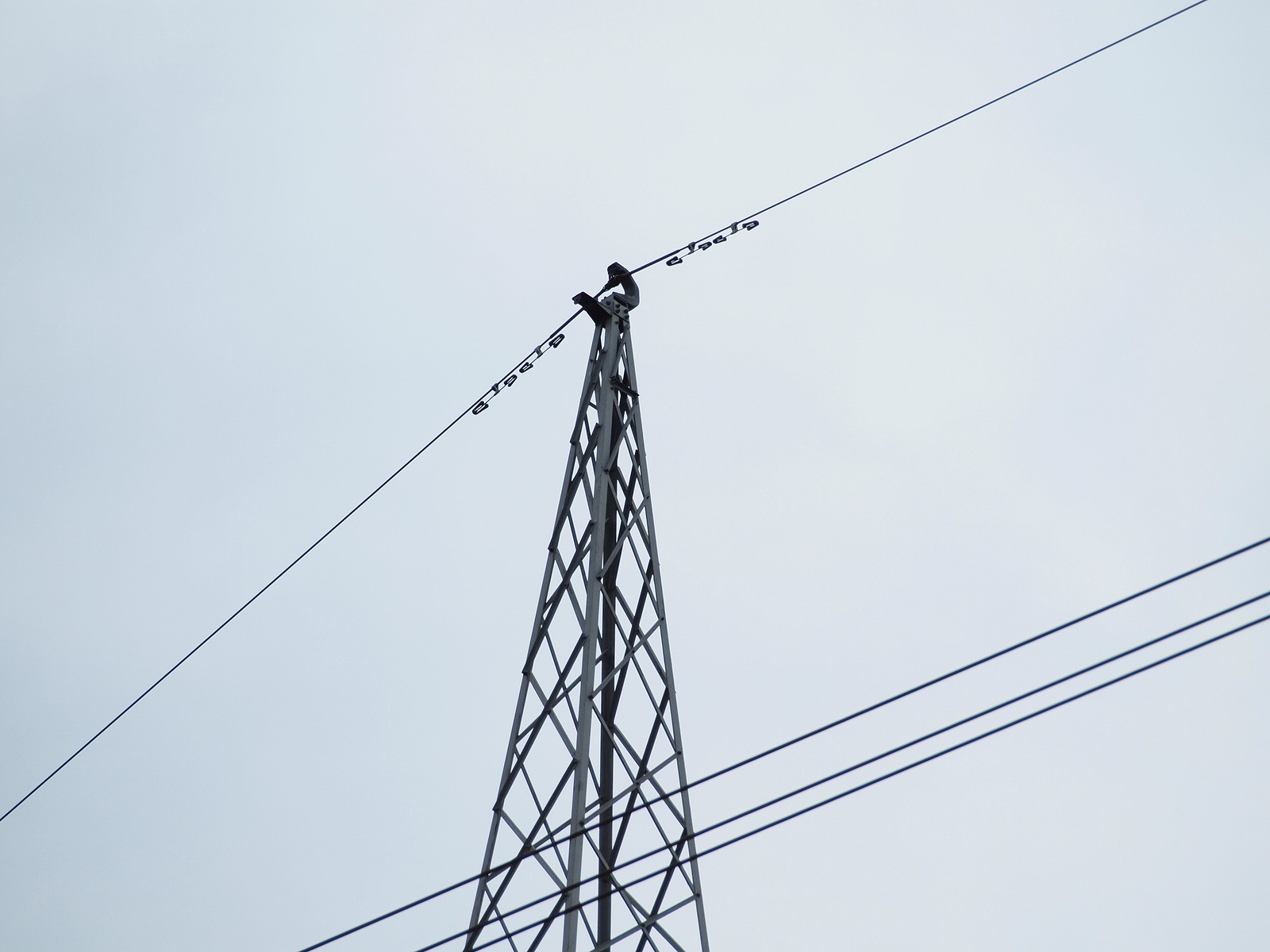Earthing Vs Grounding Difference Between Earthing Grounding

What S The Difference Between Grounding And Earthing In grounding the equipment is not physically connected to the ground, and the current is not zero on the ground, whereas in earthing the system is physically connected to the ground and it is at zero potential. The key difference between earthing and grounding is that the term “ earthing ” means that the circuit is physically connected to the ground, which is zero volt potential to the ground (earth). whereas in “ grounding ”, the circuit is not physically connected to the ground, but its potential is zero with respect to other points.

Difference Between Earthing And Grounding Difference Between The basic difference between grounding and earthing is that in grounding the conductor through which the current is flowing is connected with the ground while in earthing the conductor through which the current is not flowing is attached to the ground. In this guide, we’ll explore why grounding and earthing are not the same, break down the key differences, and support each point with diagrams that make the concepts crystal clear. Earthing is used for the safety of the personnel operating the electric device, whereas grounding is used for protecting the power system. earthing and grounding are entirety of measures and means related to system protection of electric shocks. Earthing primarily refers to the process of connecting electrical installations to the earth, ensuring safety, whereas grounding is making an intentional electrical connection to the ground in electrical circuits.

Grounding Vs Earthing Difference And Comparison Earthing is used for the safety of the personnel operating the electric device, whereas grounding is used for protecting the power system. earthing and grounding are entirety of measures and means related to system protection of electric shocks. Earthing primarily refers to the process of connecting electrical installations to the earth, ensuring safety, whereas grounding is making an intentional electrical connection to the ground in electrical circuits. To the point, grounding and earthing is the same concept expressed by different terms used for them. there is a small difference between earthing and grounding which we will discuss in detail as follows. the term grounding is the same as used for earthing in the usa and canada based on nec, cec, ieee, ul & ansi standards. Earthing vs. grounding what's the difference? earthing and grounding are two terms often used interchangeably, but they have slightly different meanings. earthing refers to the process of connecting electrical systems or equipment to the ground to prevent electrical shocks and ensure safety. The key difference between grounding and earthing is that earthing refers to the circuit being physically linked to the ground, ensuring a zero voltage potential, whereas grounding implies that the circuit lacks a physical connection to the ground but still maintains a zero potential. Understanding the key differences between earthing and grounding enhances your knowledge of electrical safety and system reliability. though both terms involve connections to the earth or a reference point, their purposes, applications, and methods vary significantly.
Comments are closed.